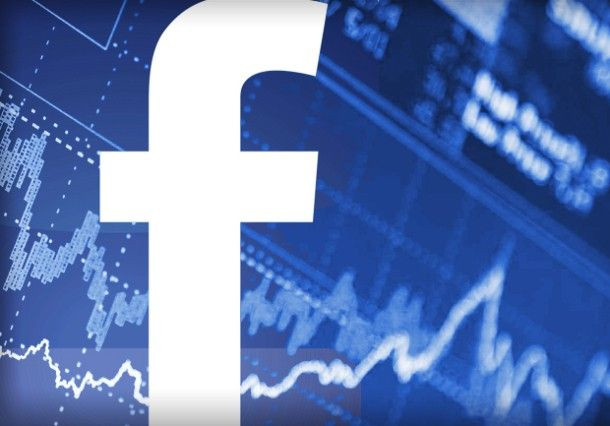After Facebook Fiasco, Tech IPOs Stage Comeback

Two months after the trading fiasco in the initial public offering of Facebook (Nasdaq: FB), the No. 1 social networking site, tech IPOs are heading to market again.
By Friday, the long-delayed debut of security software provider Palo Alto Networks could be underway after a three-month delay. This week, the Santa Clara, Calif., company boosted the price range of the 6.2 million shares in the IPO to between $38 and $40, from the previous $34 to $37.
On Wall Street, that's usually a bullish sign that investors are interested after the management roadshow to tout the company's prospects with investors.
Palo Alto Network's three principal underwriters are Morgan Stanley (NYSE: MS), Goldman Sachs (NYSE: GS) and Citigroup (NYSE: C), which all got part of the $176 million in fees from the Facebook IPO, which raised $16 billion for that company.
Facebook shares, trading at $29.03 on Wednesday, are down 24 percent from their May 17 IPO.
I think we'll see a lot of IPO activity in the second half, said Nick Einhorn, of Renaissance Capital, a Greenwich, Conn., specialist in IPO finance. The firm estimates as many as 68 companies may seek to raise as much as $14.4 billion in the second half.
Other technology issues in the pipeline include:
Workday, the human-resources software company headed by Dave Duffield, whose last company, PeopleSoft, was acquired by Oracle (Nasdaq: ORCL), the No. 1 database developer, for $10.3 billion in 2005.
Using a provision of the new Jumpstart Our Business Startups (JOBS) Act signed by President Barack Obama, Workday has filed confidential data with the U.S. Securities and Exchange Commission, a Reuters report said. Unlike other IPOs, it won't have to disclose financial results to the public until three weeks before its roadshow starts.
Workday's bankers are Morgan Stanley, Goldman Sachs and JPMorgan Chase (NYSE: JPM), who were the principal managers of the Facebook deal.
Investors in Workday, of Pleasanton, Calif., include Jeff Bezos, CEO of Amazon.com Inc. (Nasdaq: AMZN), the No. 1 e-retailer; New Enterprise Associates, Greylock Partners and T. Rowe Price (Nasdaq: TROW), the Baltimore mutual funds manager that also was an early Facebook investor.
Meanwhile, Kayak Software Corp., of Norwalk, Conn., filed to raise as much as $100 million to build its online travel and reservation business. Besides Morgan Stanley, Kayak's other underwriters include Deutsche Bank Securities (NYSE: DB) and Piper Jaffray (NYSE: PJC).
For the first time, Kayak provided a look at its financial performance. It said it expects income from operations nearly tripled to a range between $13.4 million and $14.4 million for the quarter ended June 30. Revenue is expected to have gained about 30 percent to around $75 million.
Moreover, Kayak reported processing 304 million user queries in the second quarter, a jump around 33 percent.
CEO Daniel Hafner had been CEO of Orbitz Worldwide (NYSE: OWW), a rival. Principal investors are also top venture capital firms including General Catalyst Partners, Sequoia Capital, Accel Funds and Oak Investment Partners.
BlackStratus, a developer of security software for the cloud, has also been in the queue since April. The Piscataway, N.J., developer is seeking to raise only $20 million through Aegis Capital.
A rival to Splunk (Nasdaq: SPLK), BlackStratus sells its software as a service to telecommunications providers and government agencies, its filing said.
While it hasn't provided current information, BlackStratus reported its 2011 net loss narrowed to $1.4 million from $2.2 million in 2010, as revenue eased 22 percent to $9.2 million.
The company's investors include some smaller venture capital firms, Storm Ventures and Dawntreader Funds as well as Japan's Nomura Private Equity Investments.
© Copyright IBTimes 2025. All rights reserved.






















